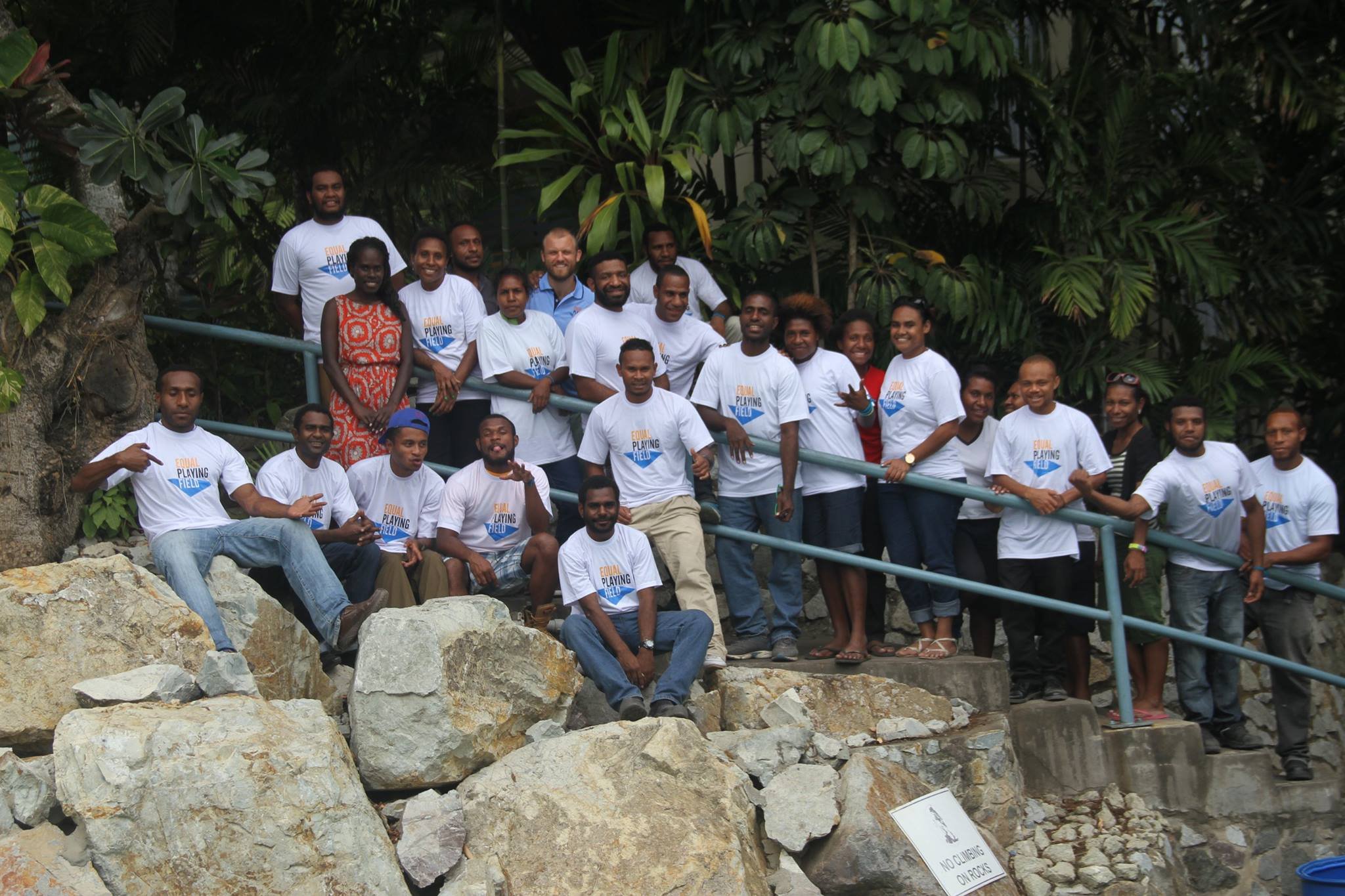This article was contributed in support of Rhize.
Emerging changemakers are leading in different ways than ever before. Rhize—an organization that supports emerging social movements around the world—just released a game-changing report unpacking these new styles of global leadership. Rhize found youth leaders are working in ways that is intersectional, networked, resourceful, from the grassroots and collective—or what Rhize likes to call “participatory citizenship.”
Youth are shaking things up and seeking new solutions to today’s most pressing challenges. We will introduce you to some of these revolutionary leaders in the coming months. Until then, here is a look at some of the founding factors that global youth leaders are bringing into the world.

Youth Leaders Are More Inclusive
Youth leaders have increased awareness of many forms of injustice—race, class, gender, ethnicity, sexuality—and their intersections. This understanding helps young people think about who can participate in change work and decreasing barriers to access. Also with this increased awareness, leaders see the ways in which issues intersect and overlap, understanding that, for example, climate justice looks different for migrant farmworkers than for people in urban centers. Intersectionality is driving young people to think about inclusivity in all aspects of their work.
Youth Leaders Are Great at Networking
Peer networks, informal collaborations, and coalitions enable new leaders to respond to immediate needs, share resources, coordinate together on aligned issues, and amplify impact. In the face of limited access to support and resources from traditional civil society forces youth-led movements engage in networks to achieve common goals. Rather than wait for institutions to catch up, youth themselves are leading the way, filling the gaps where governments and civil society institutions have left off and defining new approaches to social change—often with the support of readily available digital tools.
Youth Leaders Know How to Adapt, They’re Resourceful
Youth get into this work because of passion and commitment. They have had to be resourceful, but almost all face barriers with how to sustain themselves and the work over the long run. As traditional structures continue to exclude them or fail to meet their needs, youth leaders are often quick to find other pathways to the resources they need. This resourcefulness has expressed itself in a variety of ways, including: building relationships with local companies to get in-kind donations; asking professionals to volunteer their time and services (often in legal or accounting matters); and youth volunteering their time and labor, or, working for free or cheap. Though being under-resourced often threatens the sustainability of youth-led movements, youth leadership has become more democratized and decentralized in nature because they must rely on others to step up and lend their expertise and skills in order to fill the gap in available resources.
Youth Leaders Are Grassroots Focused
Youth seek to challenge and change the status quo, using collective action to address these obstacles not only locally but also at the national and international levels. Unestablished in their professions and social power, therefore, most confronted by injustice, youth join the frontlines of grassroots struggles as part of some of the most marginalized communities. They participate in bottom-up decision making. Youth leaders work to create solutions that reflect their vision for a better, more just world, beginning at the grassroots to engage with communities directly.
Youth Leaders Know the Meaning of ‘Working Together’
Emerging leaders are most concerned with getting the work done, and, for many of them, this comes with an understanding that it’s important to ask for help and build peer leadership. Young people seek out opportunities to engage many leaders, build cooperative solutions, and increase collective ownership and accountability.

There is a growing disconnect between young participatory leaders and institutions. The world needs to embrace and support youth leaders in more systemic and impactful ways. The points above show that youth leaders possess the key to unlocking talent of both today and the future.
Given the new state of global citizenship, institutions must adopt their understanding and practices in order to support emerging global leaders. Otherwise we risk missing the innovative, networked energy of youth leaders who are motivated and activated but need better support to achieve collective global impact.
Interested in learning how you can support the new global citizen? Visit Rhize’s website to learn more and get involved.